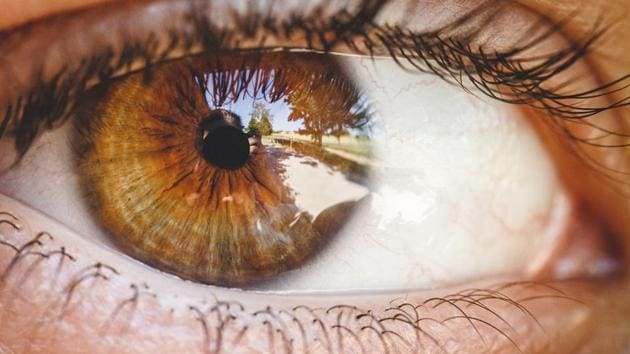New research finds retina cells that may help in treating jet lag
UK scientists have discovered new cells in the retina that affect the biological clock and may help in developing new treatments for jet lag.
Scientists have found a new group of cells in the retina that directly affect the biological clock, an advance that may pave the way for new treatments for jet lag.

The new group of cells in the retina affect the biological clock by sending signals to a region of the brain which regulates our daily (circadian) rhythms, said researchers from University of Edinburgh in the UK.
Biological clocks are synchronised to light-dark changes and are important to regulate patterns of body temperature, brain activity, hormone production and other physiological processes.
The suprachiasmatic nucleus (SCN) is a region of the brain which co-ordinates the circadian rhythm using many different signalling molecules, including the neurohormone vasopressin, researchers said.
Researchers interfered with the signalling of light information sent to the SCN in rats.
Using a series of physiological tests, they showed that vasopressin-expressing cells in the retina are directly involved in regulating circadian rhythms. The retina signals environmental light changes to the SCN but it was previously unclear on how this process took place, researchers said.
This research shows for the first time that the retina has its own population of vasopressin-expressing cells which communicate directly to the SCN and are involved with regulating the circadian rhythm.

This gives an insight into how the biological clock is regulated by light and could open up new therapeutic opportunities to help restore altered circadian rhythms through the eye, researchers said.
“Our exciting results show a potentially new pharmacological route to manipulate our internal biological clocks,” said Mike Ludwig from University of Edinburgh. “Studies in the future which alter vasopressin signalling through the eye could lead to developing eye drops to get rid of jet lag, but we are still a long way off from this,” Ludwig said.
Follow @htlifeandstyle for more.
Catch your daily dose of Fashion, Health, Festivals, Travel, Relationship, Recipe and all the other Latest Lifestyle News on Hindustan Times Website and APPs.



